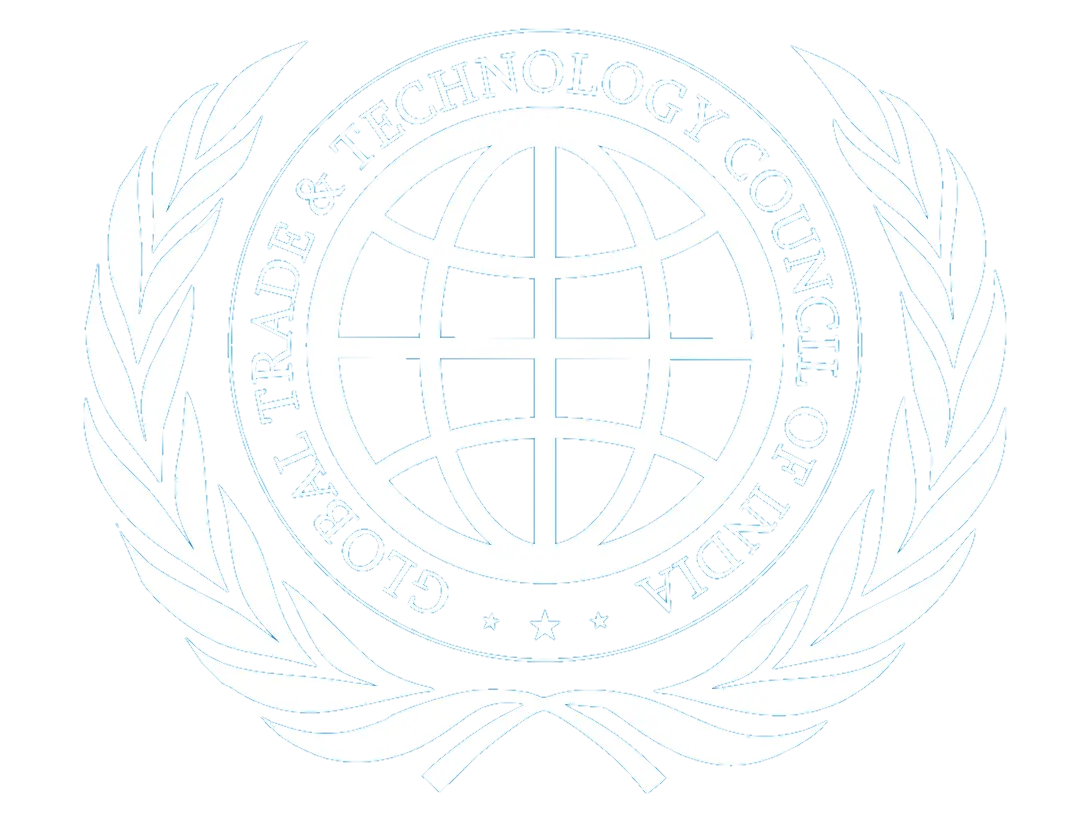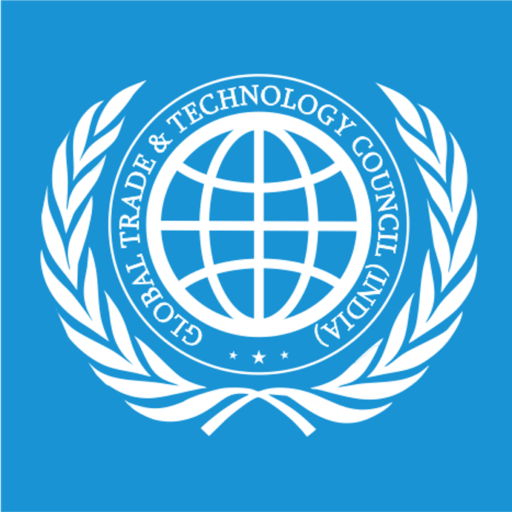Dr. Saluja, GTTCI Bridges India, Russia & Central Asia Through Inclusive Trade Dialogue
St. Petersburg, Russia | 19 June 2025

At the prestigious St. Petersburg International Economic Forum (SPIEF) 2025, Dr. Rashmi Saluja, Chairperson of the Global Trade & Technology Council of India (GTTCI), delivered an inspiring address during the high-level session titled “Develop or Absorb? Global Digital Platforms and Their Impact on the Economies of Eurasia and the Global South.” Her speech was widely appreciated for its clarity of vision, inclusivity, and call for collaborative action across regions—especially between India, Russia, and Central Asia.
Sharing the platform with an eminent panel comprising business leaders and policymakers from the Russian Federation, China, Kyrgyz Republic, Uzbekistan, and India, Dr. Saluja highlighted the transformative role of digital platforms in creating inclusive economic opportunities—particularly for women entrepreneurs across the Global South and Eurasia.
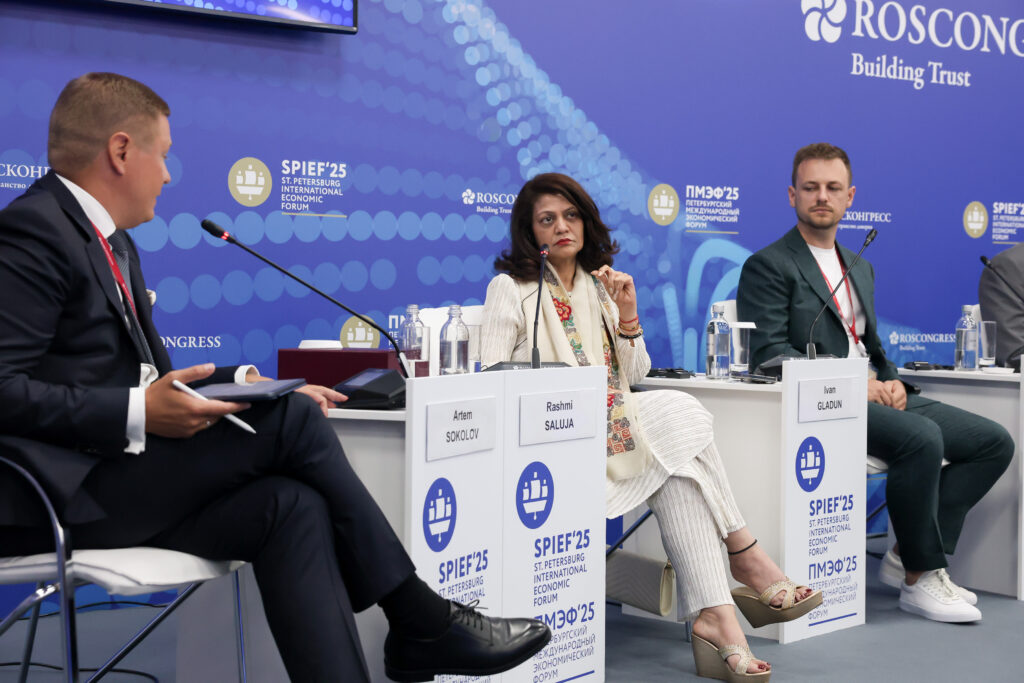
Dr. Saluja emphasized how digital marketplaces are reshaping commerce and enabling women-led enterprises—from India’s rural cooperatives to Uzbekistan’s rising community-based startups—to access global markets. These platforms are eliminating traditional barriers, allowing women to participate in formal trade ecosystems without the need for heavy capital or physical presence.

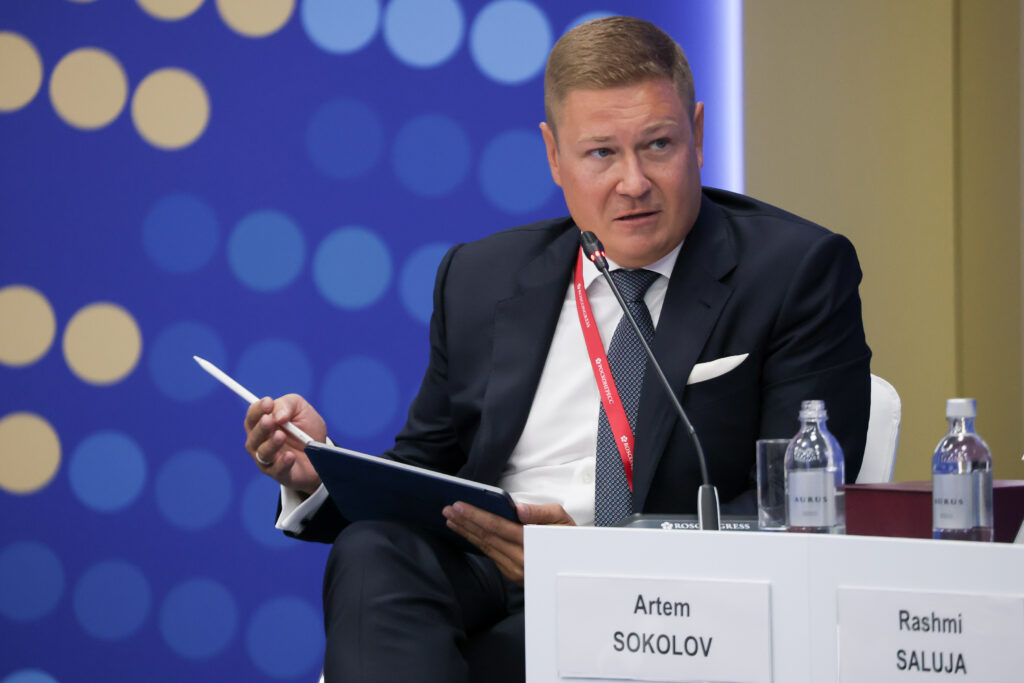
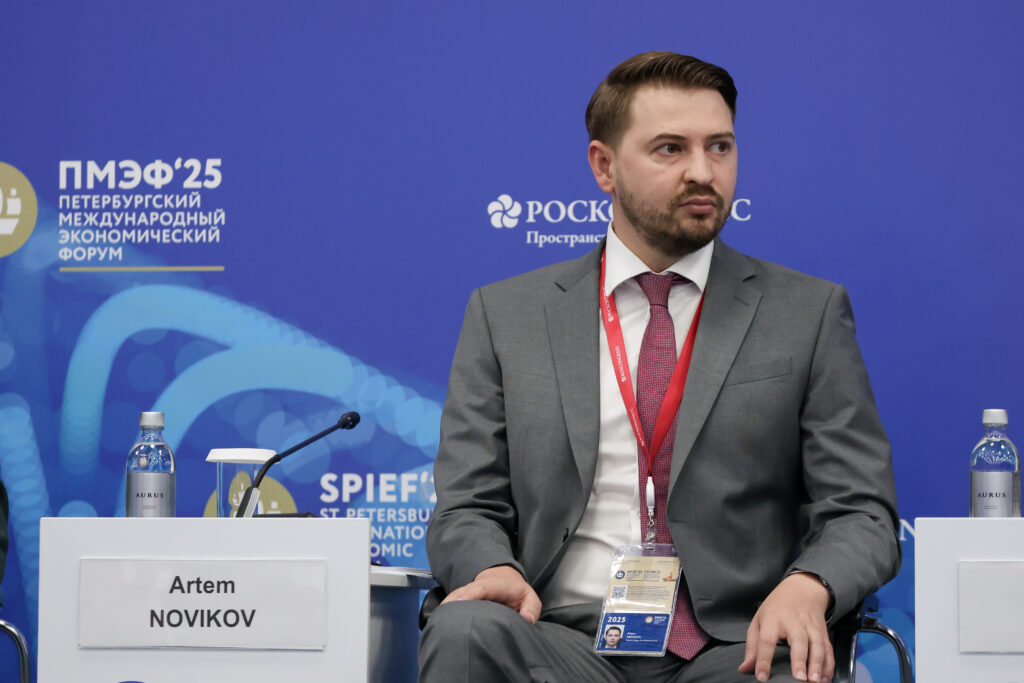

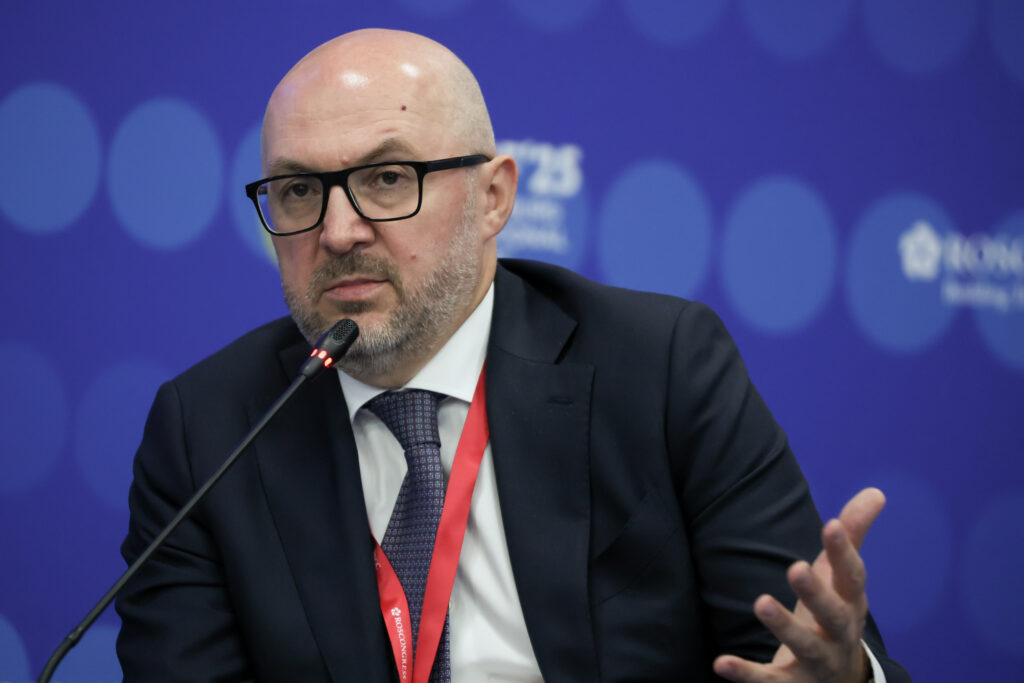

She further highlighted GTTCI’s ongoing collaborations, noting successful case studies where women artisans and small businesses have been onboarded to digital platforms and mentored to thrive in competitive online marketplaces. In this context, Uzbekistan was acknowledged as a key partner in the region, with GTTCI actively building trade, education, and digital empowerment linkages with Uzbek institutions and businesses.
In a particularly resonant moment, Dr. Saluja underlined that Russia remains one of India’s strongest strategic and economic partners. She stressed that, in the evolving geopolitical landscape, deeper cooperation between India and Russia is not just desirable but essential. From joint ventures and technology exchanges to regional economic stability, such collaboration holds immense promise for mutual prosperity.
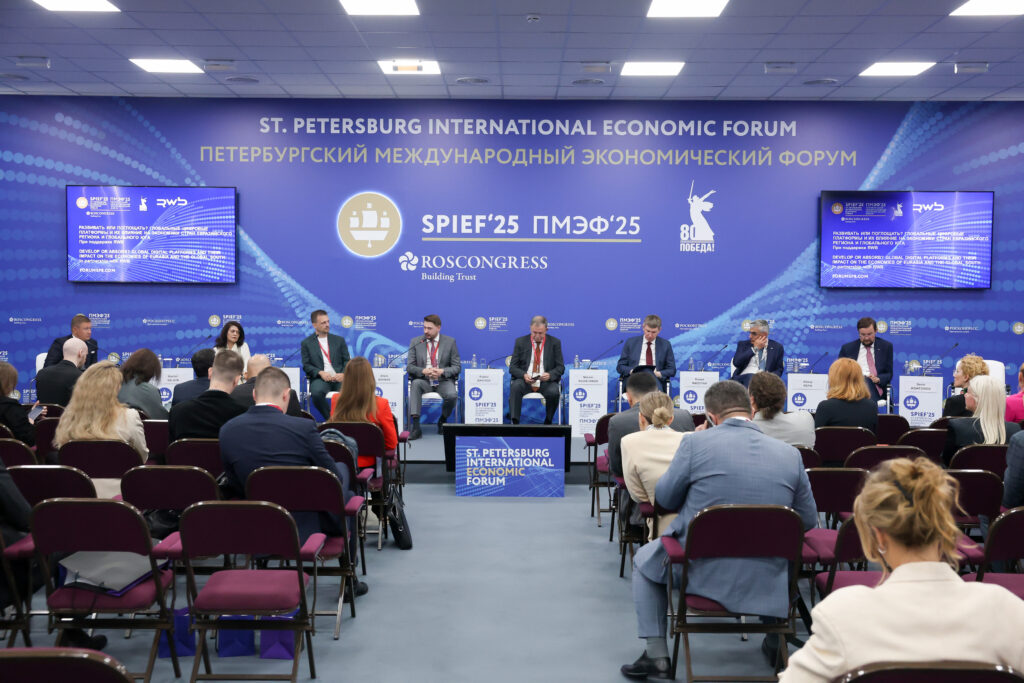
She also addressed the structural challenges that hinder the potential of digital commerce, such as the digital divide, infrastructure limitations, and regulatory mismatches across borders. Dr. Saluja urged for harmonized policies across Eurasia and the Global South, and called upon governments, platforms, and institutions to invest collectively in inclusive digital infrastructure and cross-border cooperation frameworks.

Importantly, she reflected on the profound socio-economic impact of digital entrepreneurship, especially its flexibility which allows women to balance professional and personal responsibilities—contributing significantly to household resilience, national productivity, and community development.n her concluding remarks, Dr. Saluja reaffirmed GTTCI’s commitment to acting as a bridge among governments, private enterprises, and digital platforms—ensuring no woman is left behind in the era of technology-driven growth. She also welcomed future collaborations with stakeholders from Russia, Uzbekistan, and across the Global South, to create inclusive pathways for trade, innovation, and prosperity.
Dr. Saluja’s participation at SPIEF 2025 not only reflected India’s leadership in digital transformation and gender equity but also underscored GTTCI’s strategic role in shaping global cooperation across Eurasia in a rapidly changing world order.
